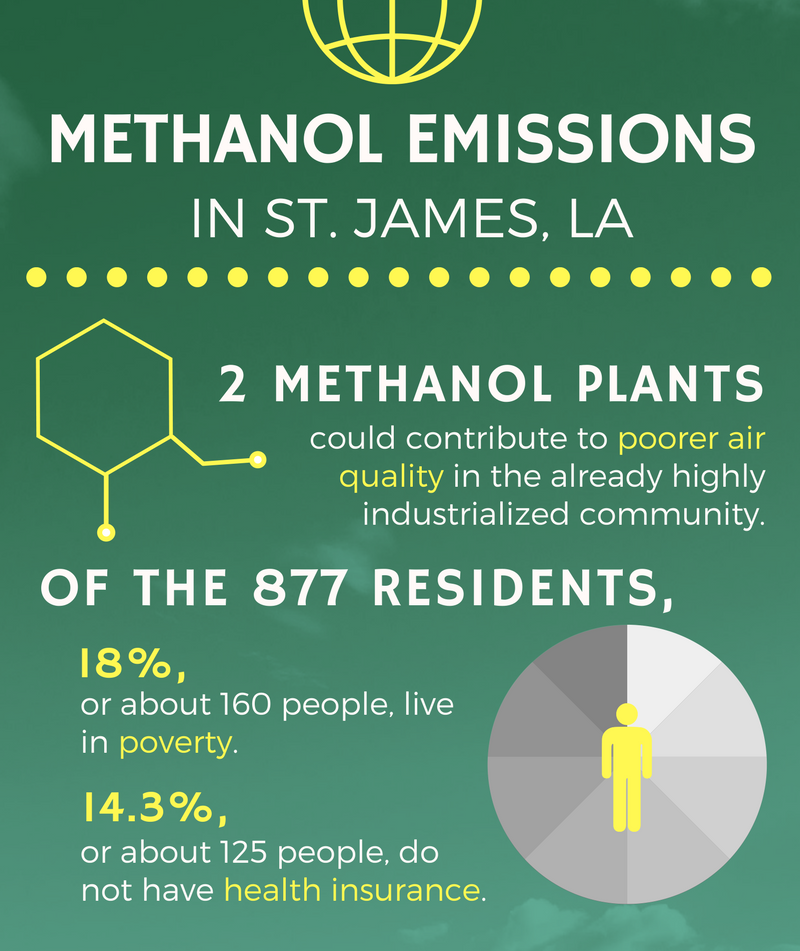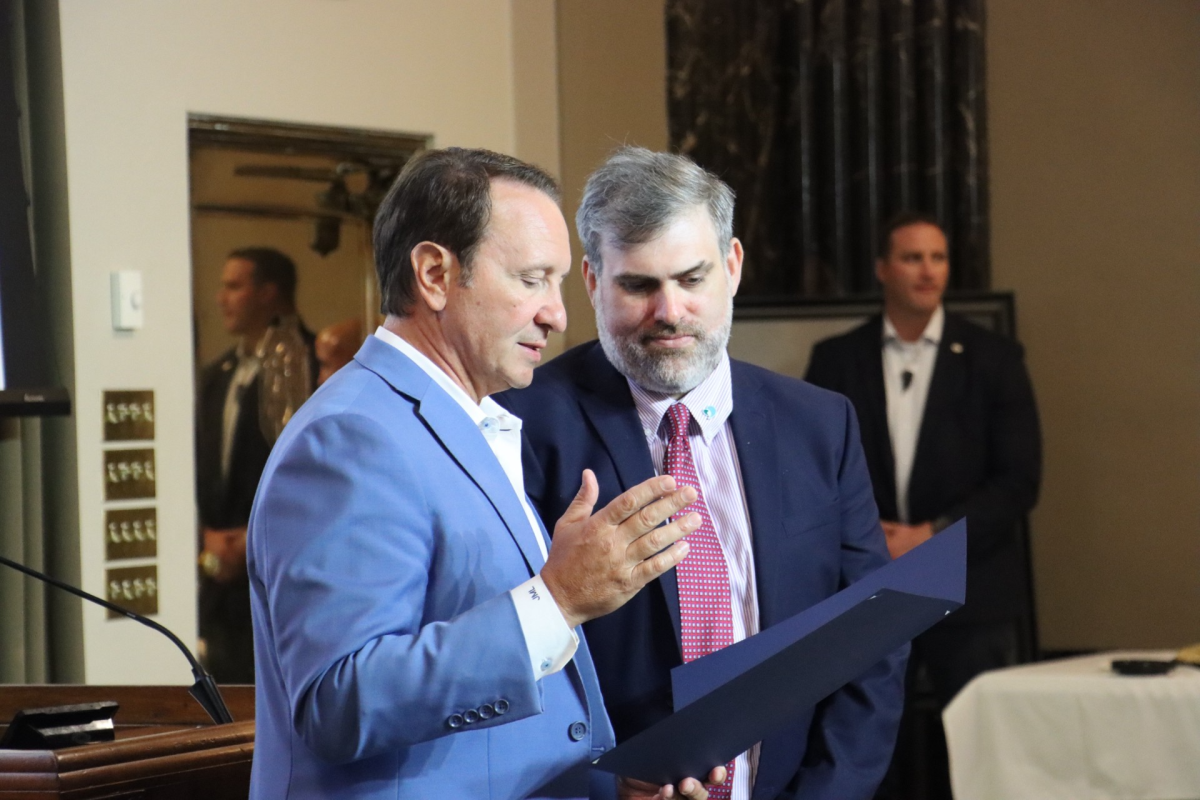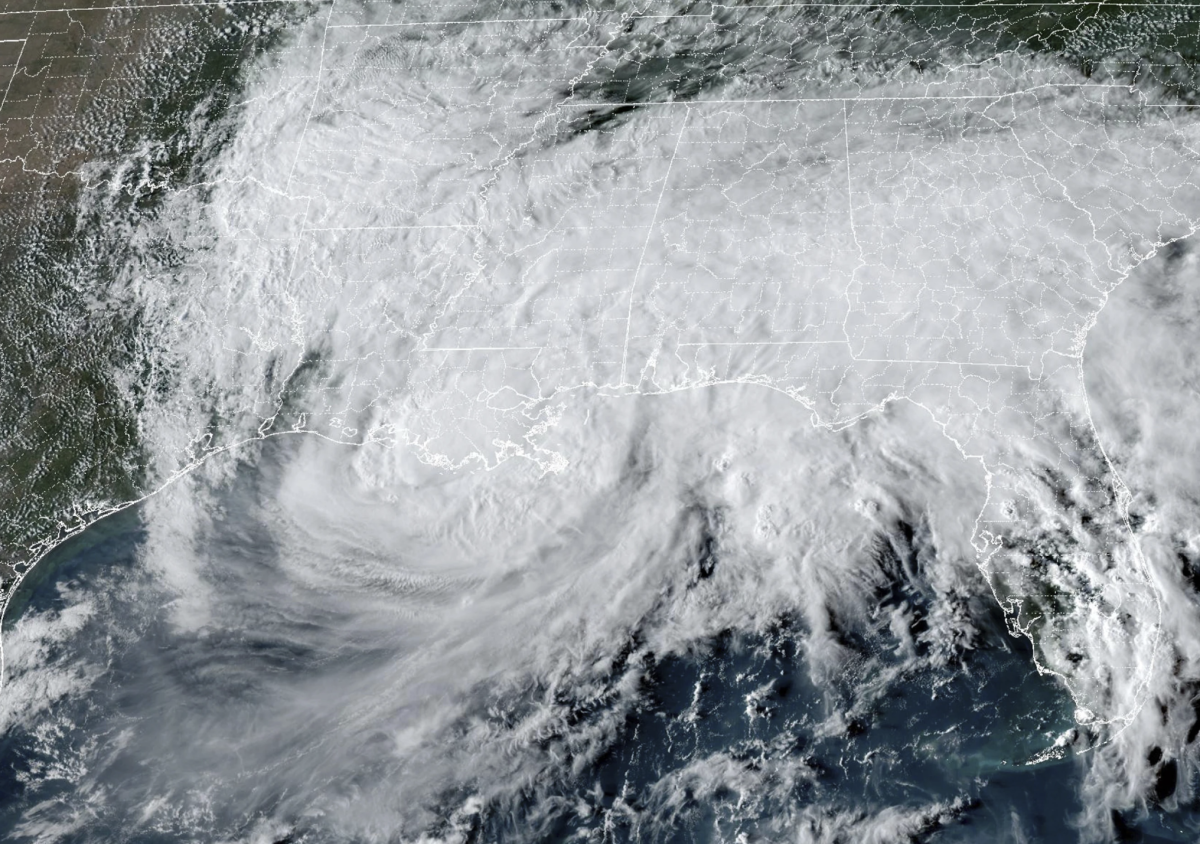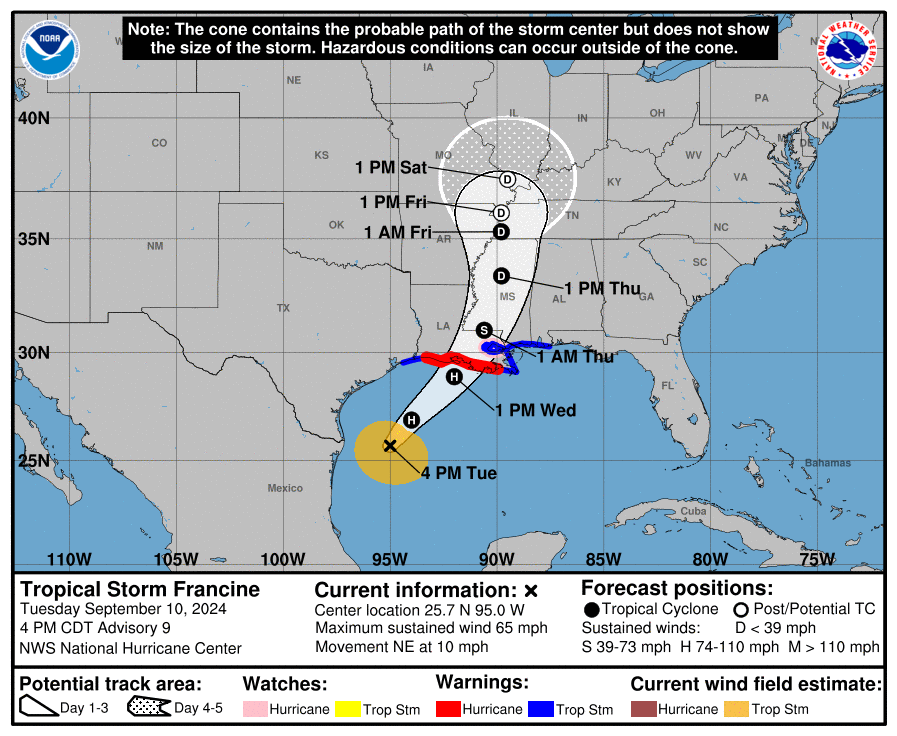Along the Mississippi River lies St. James, Louisiana, a town no bigger than 10 miles, where 877 residents live among two methanol plants. Methanol, or methyl alcohol, emissions could contribute to poorer air quality in the already highly-industrialized community, according to the Louisiana Environmental Action Network. Poor air quality causes asthma to develop in children, triggers asthma in adults who already have it, and causes water and soil contamination, according to the National Library of Medicine.
University students in the College of Art and Design are hoping to help the residents of St. James who are already experiencing these negative effects.
Students in the art history Art and Environment seminar, taught by Professor Susan Ryan, don’t have typical exams. Rather, the class, which consists of both undergraduates and graduate students, was instructed to create and execute two social projects that address an environmental issue. Art history graduate student Caroline Giepert said she and her group members are working to improve air quality for residents of St. James.
“Socially engaged art’s main goal is to create a dialogue … that produces real change,” Giepert said.
The group’s plan, Giepert said, is to use a crowdfunding website to raise money to buy 15 different types of plants that help to remove toxins from the air. The group intends to create a garden at a local church in St. James and give residents plants to keep inside their homes.
Aside from the damaging effects excess methanol emissions can have on health, St. James has an 18 percent poverty rate, with approximately 158 people designated as living in poverty, according to the U.S. Census Bureau. Furthermore, census data shows 14.3 percent of the population doesn’t have health insurance, meaning 125 residents in the community could experience a financial barrier in the case of a medical emergency from the methanol emissions.
Another major issue in St. James is a lack of set evacuation routes for residents in the case of a large explosion.
Giepert said the group wants to put any excess funding towards helping the 17 homes in St. James affected by the recent tornados in the region.
Later in the semester, students will tackle the Bayou Bridge Pipeline for their second project.
Giepert said the artistic and historical approach to the project is their group’s assertion that social media is a viable and necessary tool to create social change, contrary to criticisms Giepert cited that social media and technology have slowed down activism and caused isolation.
“Now we’re seeing this age where protests and entire movements are being organized via Facebook,” Giepert said. By creating a Facebook page and using other social media, Giepert’s group is hoping to raise awareness about this issue and receive funding in order to help the residents of St. James.










